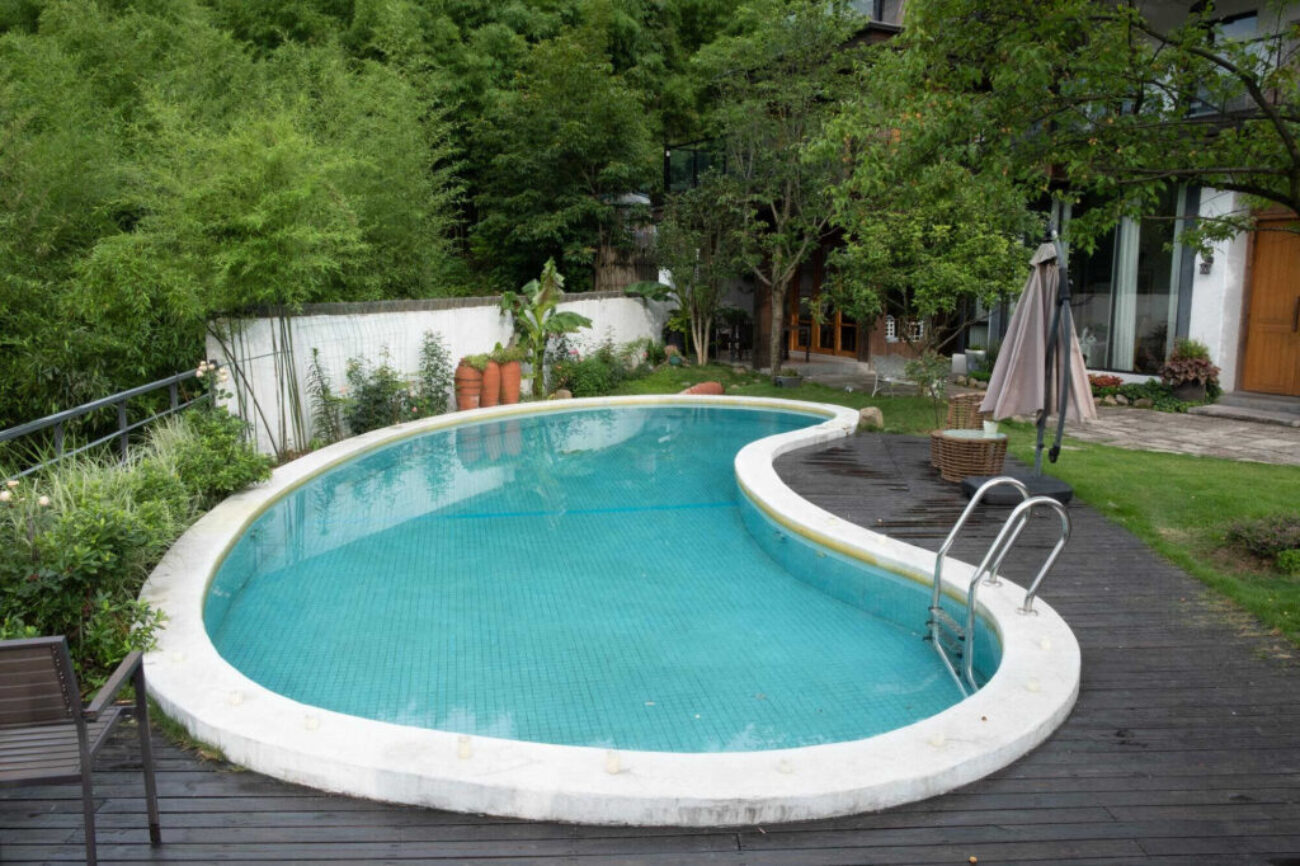The ultimate guide to creating an effective follow-up system for pool route businesses, ensuring customer retention and business growth.
The Best Follow-Up System for Pool Route Businesses
In today’s competitive market, establishing a robust follow-up system is essential for pool route businesses aiming to enhance customer relationships, improve retention rates, and drive revenue growth. A well-structured follow-up system not only creates trust with clients but also acts as a powerful tool for identifying potential leads and upselling services. This article will delve into the critical components of a follow-up system tailored for pool route businesses, explore effective strategies to implement, and provide tips on how to optimize the process for maximum impact.
Understanding the Importance of a Follow-Up System
- A follow-up system is crucial in ensuring ongoing communication with clients, which can significantly influence their decision to continue using your services. According to various studies, nearly 80% of sales require at least five follow-up calls after the initial meeting, yet many businesses fail to follow up even once. This gap presents a tremendous opportunity for pool route businesses to capture a larger market share by simply engaging with their existing and potential customers more effectively.
- For instance, consider a situation where a pool service provider completes a maintenance task. By implementing a follow-up protocol, the technician can reach out to the customer a few days later to check in on their satisfaction. This simple act not only demonstrates care but can also lead to additional service requests, such as cleaning or repairs that the customer might have postponed.
Components of an Effective Follow-Up System
- An effective follow-up system consists of multiple components, including automated reminders, personalized communication, and data tracking. Automation tools can help schedule follow-ups at specific intervals, ensuring that no client is left unattended.
- Personalization is vital; clients are more likely to respond positively to messages that feel tailored to their needs. For example, sending a quick email to a customer who expressed interest in a new pool cleaning product can prompt them to make a purchase or schedule an appointment for a demonstration.
- Tracking interactions and customer feedback allows businesses to measure the effectiveness of their follow-up efforts. Tools like CRM (Customer Relationship Management) systems can help pool route businesses keep track of client satisfaction and streamline communication processes.
Techniques to Enhance Your Follow-Up System
- One technique to enhance your follow-up system is to categorize clients based on their service history and preferences. By segmenting your customer base, you can tailor your communication strategies to meet the needs of each group. For example, frequent customers may appreciate loyalty discounts, while new clients might benefit from educational content about pool maintenance.
- Implementing a multi-channel approach is also beneficial. While email and phone calls are traditional methods, consider leveraging social media platforms or text messaging to reach out to clients. Today’s consumers prefer quick, convenient communication methods, and adapting to their preferences can set your business apart.
- Additionally, regular surveys can provide valuable insights into customer satisfaction and areas for improvement. By actively seeking feedback, you demonstrate that you value your customers’ opinions, which can help build lasting relationships.
Best Practices for Follow-Up Timing
- Timing is everything when it comes to follow-ups. Research indicates that the optimal time to follow up is typically between 24-48 hours after a service has been rendered. This timeframe allows clients to reflect on their experience while the memory is still fresh, leading to more constructive conversations.
- Additionally, consider seasonal variations in pool maintenance needs. During peak seasons, such as summer, clients may require more frequent follow-ups to ensure their pools are in top condition. Conversely, during the off-season, a less frequent touchpoint may suffice, focusing more on maintenance reminders and service promotions.
Leveraging Technology in Your Follow-Up System
- Technology plays a pivotal role in creating an efficient follow-up system. Utilizing software solutions such as customer relationship management (CRM) systems can automate follow-up processes and track interactions with clients. Tools like HubSpot or Zoho CRM can assist in managing client relationships and ensuring timely communication.
- Moreover, consider investing in marketing automation platforms that allow you to send personalized emails based on customer behavior. For instance, if a customer recently booked a cleaning service, you might automatically send them a follow-up reminder a week later, asking about their satisfaction level and whether they need further assistance.
- Integrating online scheduling tools can also streamline the booking process for follow-up appointments. Clients appreciate the convenience of scheduling their next service directly through an automated system, reducing the friction often associated with manual bookings.
Training Your Staff for Effective Follow-Ups
- Training your staff on the importance of follow-ups is crucial. A well-informed team can better represent your brand and maintain a strong relationship with clients. Regular training sessions can provide employees with the necessary skills and knowledge to engage effectively with customers.
- Role-playing scenarios can be an effective training tool, allowing staff to practice their follow-up interactions. This method not only builds confidence but also helps team members develop personalized approaches to client engagement.
- Encourage open communication within your team about successful follow-up strategies. Sharing experiences and outcomes can foster a culture of continuous improvement, leading to enhanced customer satisfaction and loyalty.
Measuring the Success of Your Follow-Up System
- To understand the effectiveness of your follow-up system, you must establish key performance indicators (KPIs). Metrics such as follow-up response rates, conversion rates, and customer retention rates can provide valuable insights into how well your system is performing.
- Regularly reviewing these metrics will help you identify areas of improvement and adapt your follow-up strategies as needed. For instance, if you notice a drop in response rates, you may need to revisit your messaging or timing to ensure they resonate with your audience.
- Additionally, consider conducting customer satisfaction surveys post-follow-up to gauge their perception of your communication efforts. Feedback from clients can serve as a valuable resource for refining your approach.
Continuous Improvement in Your Follow-Up Process
- A successful follow-up system is a dynamic process that requires continuous improvement. Regularly evaluate your strategies and assess their impact on customer engagement and satisfaction.
- Stay updated on industry trends and technological advancements that can enhance your follow-up practices. The pool maintenance industry is constantly evolving, and adopting new tools or strategies can give your business a competitive edge.
- Networking with other pool route businesses can provide you with fresh ideas and insights. Engaging with industry forums or local associations can offer a platform for exchanging knowledge and discovering best practices.
Conclusion
- In summary, establishing an effective follow-up system is vital for pool route businesses looking to enhance customer relationships, improve retention rates, and drive revenue growth. By utilizing technology, training staff, and continuously monitoring your performance, you can create a robust follow-up process that ensures clients feel valued and heard.
- The significance of a follow-up system cannot be overstated; it is the foundation of strong customer relationships and ultimately contributes to the success of your pool route business. As you implement these strategies, remember that every interaction with your customers is an opportunity to build trust and loyalty.
- If you’re ready to elevate your pool route business and explore available opportunities, visit Pool Routes for Sale today to learn more about how we can help you thrive in this competitive industry.



